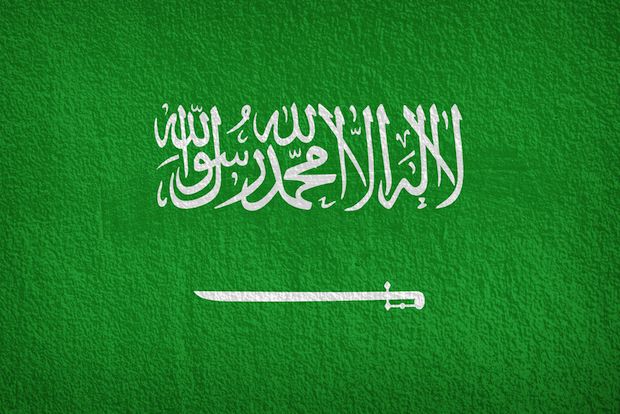Selling More Weapons to the Reckless Saudis

As Trump prepares to go to Saudi Arabia on his first foreign trip, the U.S. is gearing up to sell the Saudis a lot more weapons:
The U.S. and Saudi Arabia are working on a package of arms deals and financial investments aimed at elevating economic and security cooperation between Washington and Riyadh after several years of strained relations over the U.S. diplomatic outreach to Iran.
The potential agreements, coupled with Mr. Trump’s scheduled arrival in Saudi Arabia this week or his first stop outside the U.S. since taking office, include a missile-defense system and heavy arms the Obama administration either refused to sell Saudi Arabia or pulled back from amid concerns about Riyadh’s role in the conflict in Yemen, according to U.S. and Saudi officials.
According to a separate Reuters report, the arms deals are estimated to be worth at least $100 billion, and when all is said and done may be worth more than $300 billion. Obama held the previous record for offering arms sales to the Saudis with more than $115 billion over eight years, but if these estimates are correct Trump will soon surpass him and become the top Saudi enabler of all time. Offering these deals represents the Trump administration’s endorsement of the Saudis and their recent behavior, and it will certainly be interpreted as a green light from Washington to keep doing what they’ve been doing to Yemen. Taken together with Trump’s visit to Riyadh, these arms sales send the worst possible message and deepen U.S. complicity in the Saudi-led war at a time when the U.S. needs to be extricating itself from it.
Lavishing Riyadh with new weapons raises some basic questions. 1) Why should a government that has been actively destabilizing the region be rewarded with the means to do more of the same? 2) What U.S. foreign policy objective is served by throwing more weapons at an evidently incompetent Saudi military? 3) What benefit does the U.S. get from having a stronger relationship with a reckless client that routinely commits war crimes? 4) Since the Saudi-led war on Yemen has strengthened Al Qaeda in the Arabian Peninsula, and AQAP has occasionally fought alongside coalition-backed forces, how does continuing to back the Saudis’ war make the U.S. more secure?
I don’t think the Trump administration has any good answers to these questions, but members of Congress ought to demand that they provide them and ought to block further arms sales if those answers aren’t forthcoming.
Comments